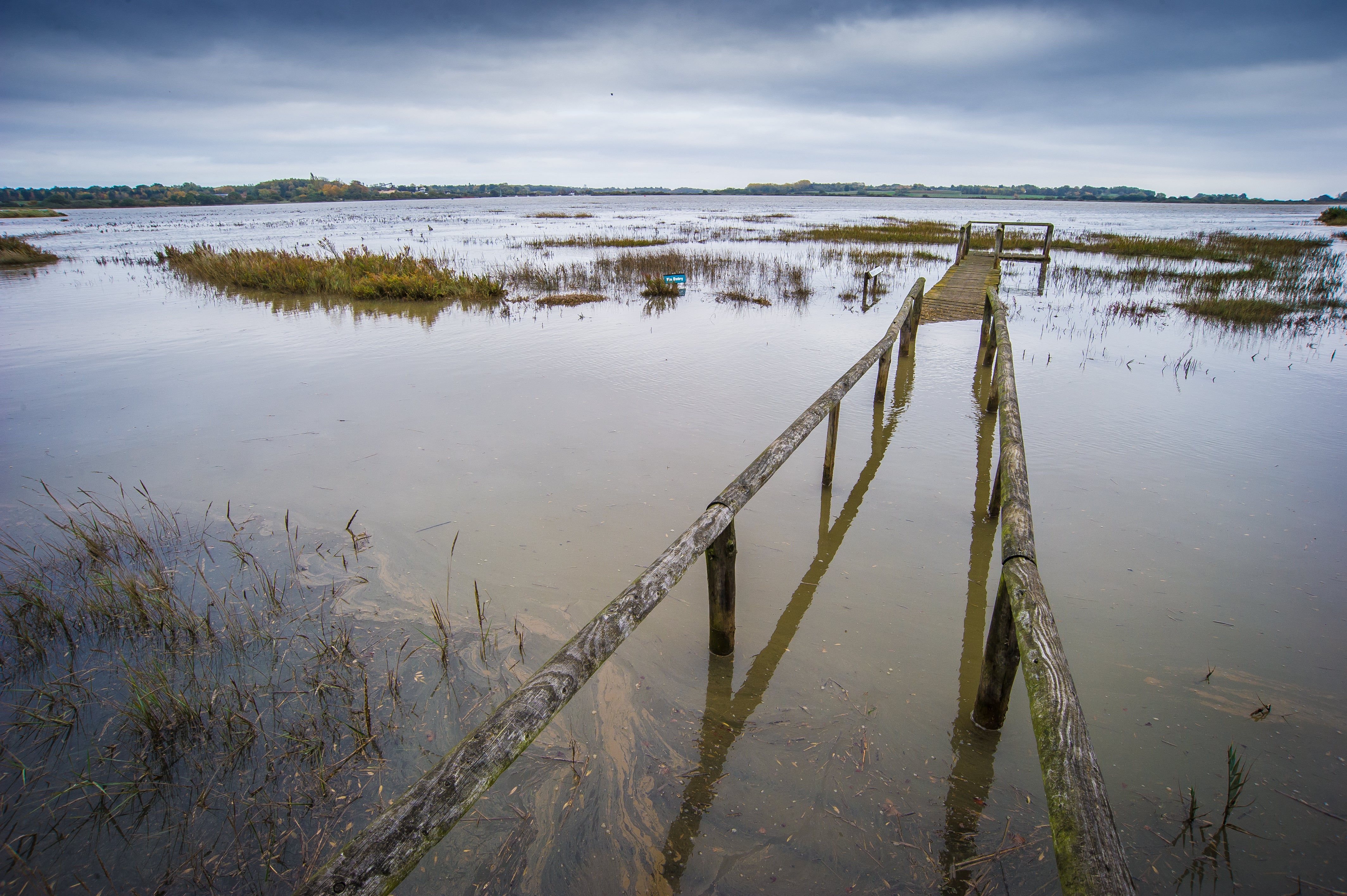Wildlife Trusts: Nature reserves face hotter temperatures, wildfires and floods
The charities have highlighted innovative projects from restoring peatland to releasing beavers to help nature cope with climate change.

Your support helps us to tell the story
From reproductive rights to climate change to Big Tech, The Independent is on the ground when the story is developing. Whether it's investigating the financials of Elon Musk's pro-Trump PAC or producing our latest documentary, 'The A Word', which shines a light on the American women fighting for reproductive rights, we know how important it is to parse out the facts from the messaging.
At such a critical moment in US history, we need reporters on the ground. Your donation allows us to keep sending journalists to speak to both sides of the story.
The Independent is trusted by Americans across the entire political spectrum. And unlike many other quality news outlets, we choose not to lock Americans out of our reporting and analysis with paywalls. We believe quality journalism should be available to everyone, paid for by those who can afford it.
Your support makes all the difference.Hundreds of nature reserves are facing rising temperatures, falling river flows and worsening fire risk in the face of climate change, the Wildlife Trusts has said.
The federation of 46 individual charities across the UK has compiled a report looking at how climate change is affecting, or will affect, nearly 400 square miles of nature sites they manage.
It warns that species and habitats across the country are at increasing risk from a range of hazards that are expected to worsen as the climate changes, from more extreme temperatures, flooding and wildfires.
The Wildlife Trusts, collectively the UK’s sixth largest landowner, say extreme weather is already hitting many of their reserves, with wildfires destroying rare habitats, flooding increasing river pollution, and droughts drying out chalk streams and peat bogs.
The Trusts say restoring nature at scale is the solution to help wildlife cope, and society has to be prepared to see wild places change in order to survive.
They highlighted innovative projects including restoring peatland to make it more resilient to heat, drought and fire, releasing beavers to help manage water, and restoring grassland so insects can move through the landscape.
But the charities say more work is needed from governments, business and landowners to help wildlife adapt to climate change in the UK – an area already described as one of the most nature-depleted countries in the world.
The report looks at what will happen to nature sites cared for by the individual wildlife charities by the 2050s with global temperature rises on track for 3C of warming compared with pre-industrial levels – roughly where the world is heading on current policies and climate action.
Climate change is contributing more and more to nature’s decline, with devastating consequences for people and wildlife
It finds that almost all of the 2,700 (94%) nature reserves assessed will see maximum summer temperatures increase more than 1C compared with the average for 1981-2010.
In the south of England the situation is more extreme, with the 7% of sites that are expected to see maximum temperatures more than 1.5C hotter all found in that part of the UK.
More than half (55%) of nature sites will see nearby river flows drop by more than 30% from the 1981-2021 baseline in times of low water flows.
And half will experience 30 days or more of very high wildfire risk per year, compared with only 9% between 1981-2010, the report said.
The Wildlife Trusts are also expecting an increase in flood risk and a worsening exposure to extreme heat for staff in offices, working outside and working from home.
Kathryn Brown, director of climate change and evidence for the Wildlife Trusts, said: “Climate change is contributing more and more to nature’s decline, with devastating consequences for people and wildlife.
“We are already stepping up our efforts to restore habitats so that they benefit wildlife and are better able to store carbon.
“Our report also shows the range of actions we are taking to help nature adapt to climate change and what’s needed in the future – from further rewetting of peatlands to backing community-led rewilding projects.”
Ms Brown added: “The projected impact of climate change on our nature reserves is just the tip of the iceberg.
“We need people to join us in creating a new national vision for our landscapes because we can no longer focus only on restoring nature to a historical state; change is inevitable.”
She said a “concerted effort” is required to make more space for nature, help natural systems function properly, and create habitats for wildlife.